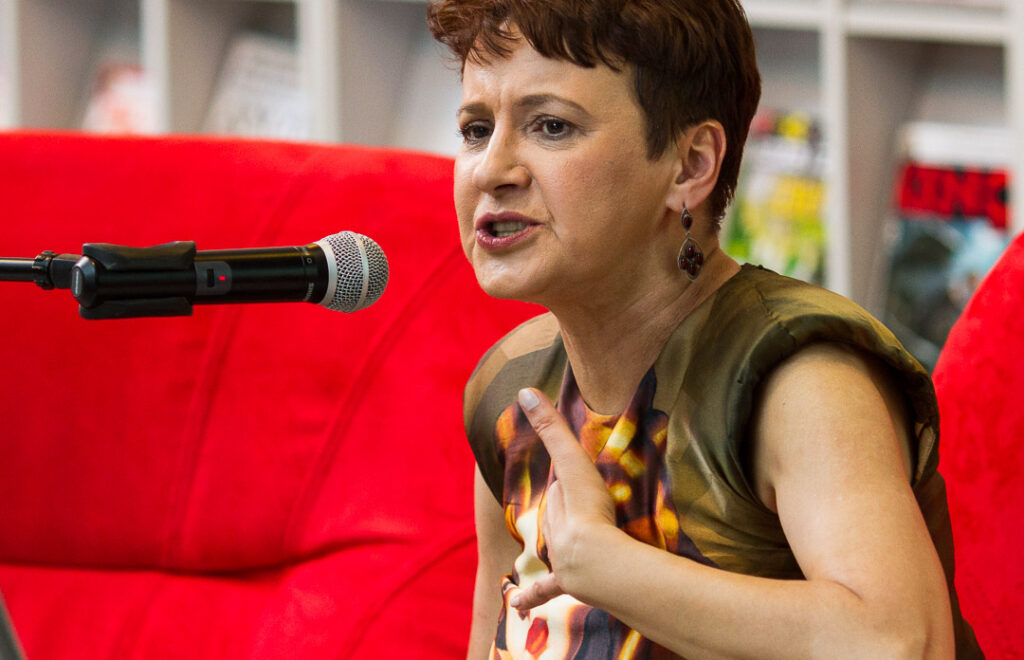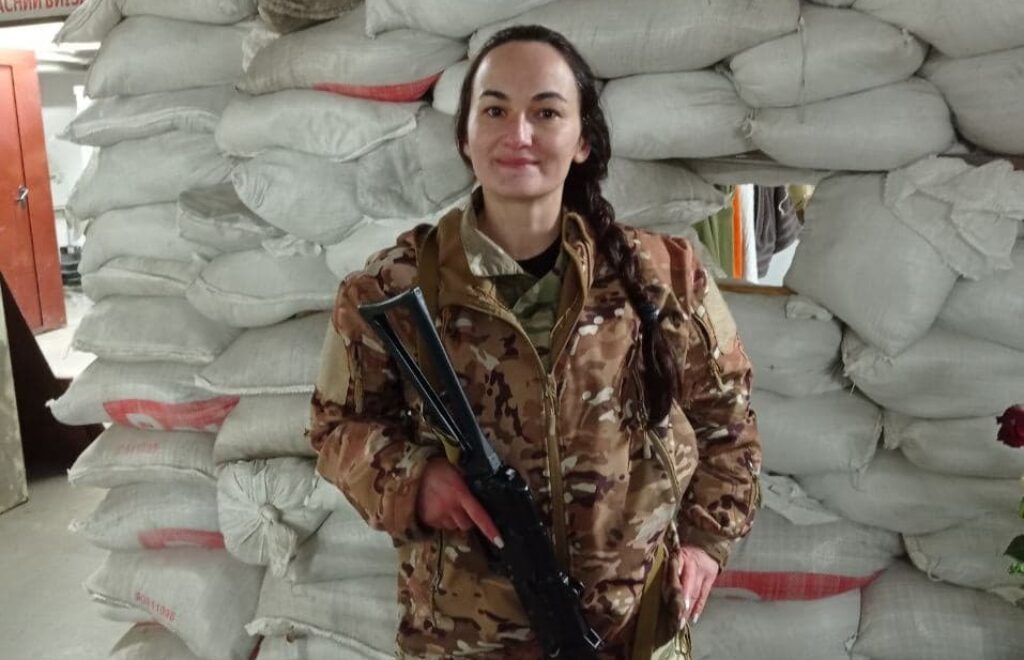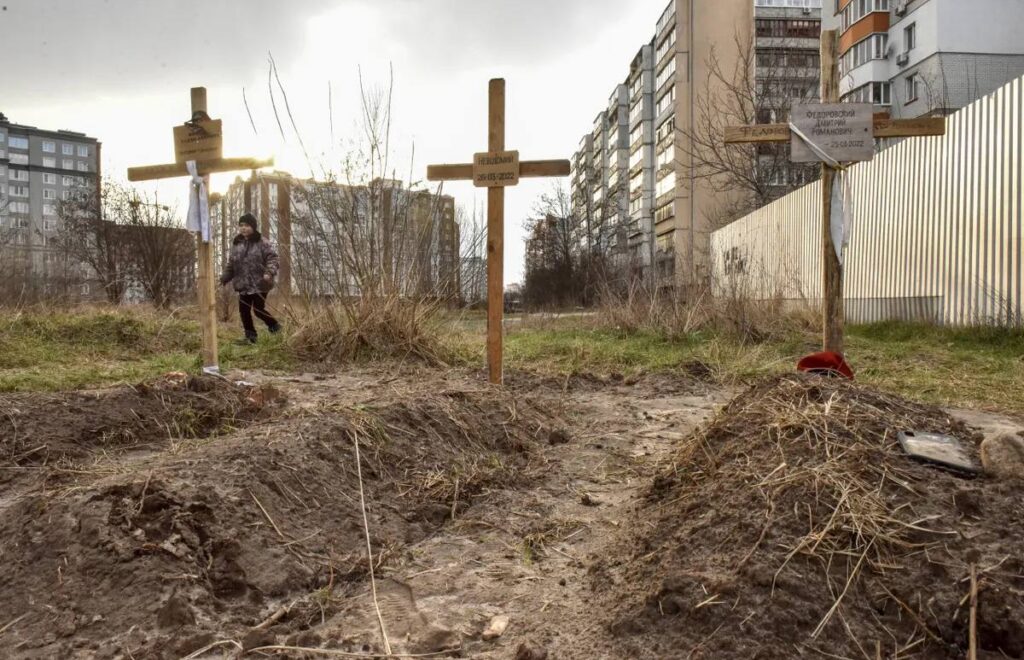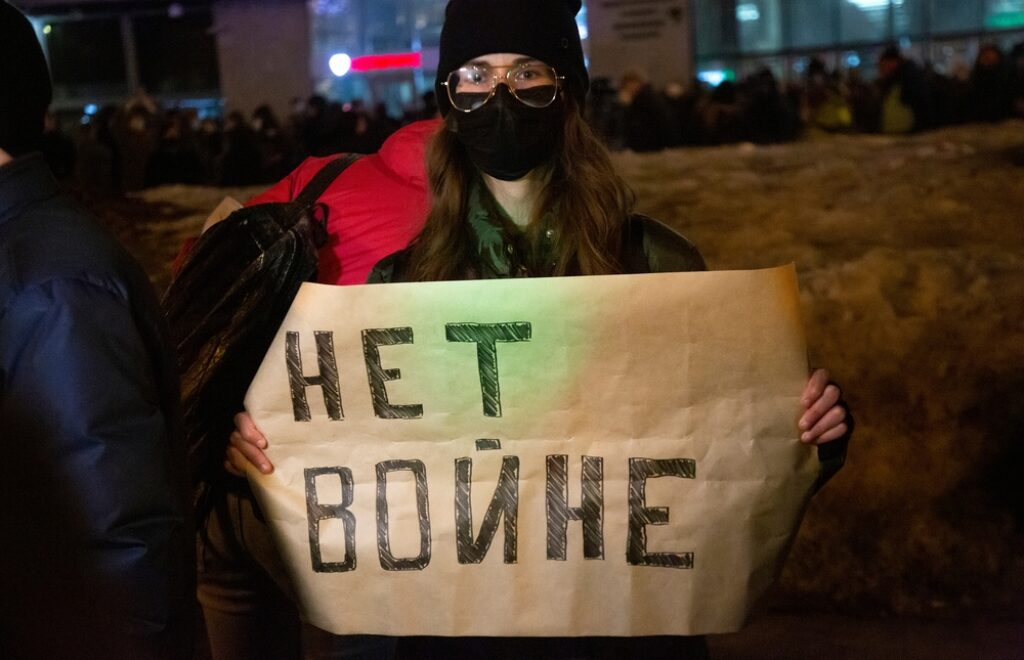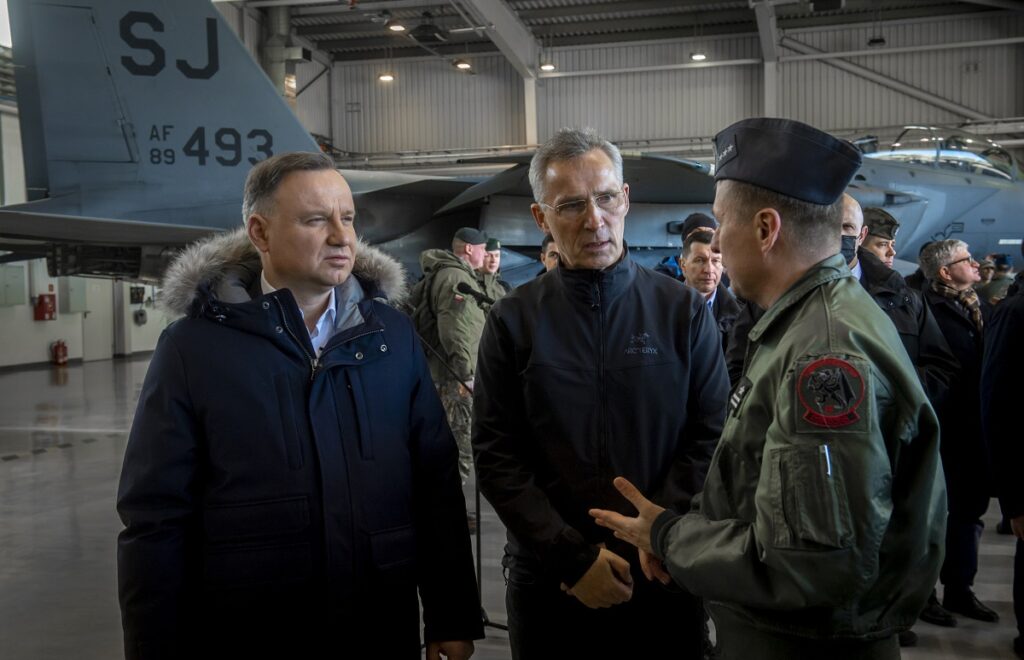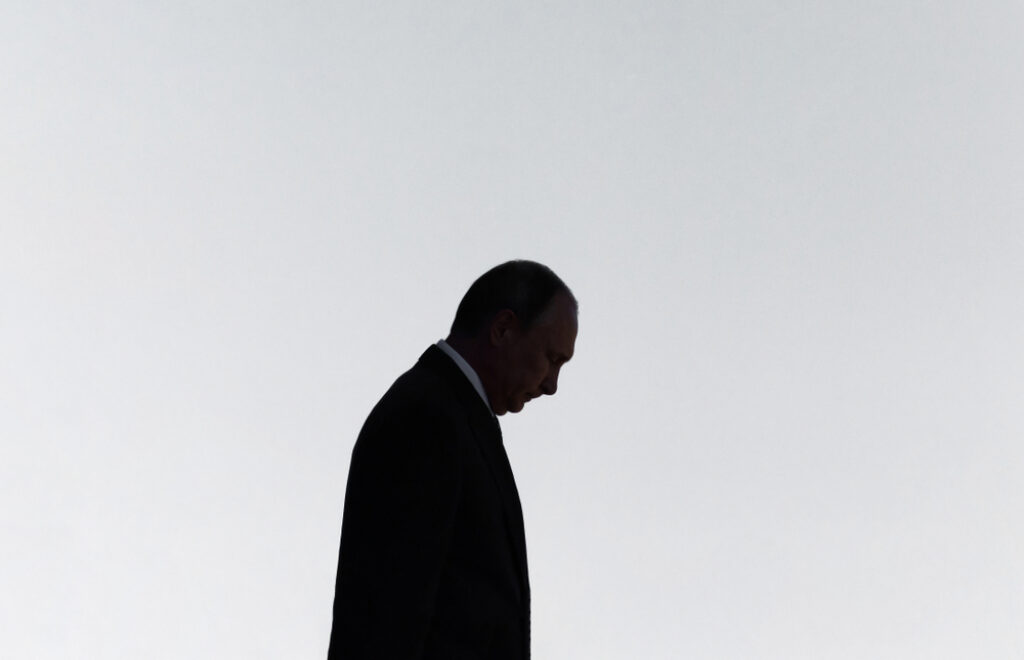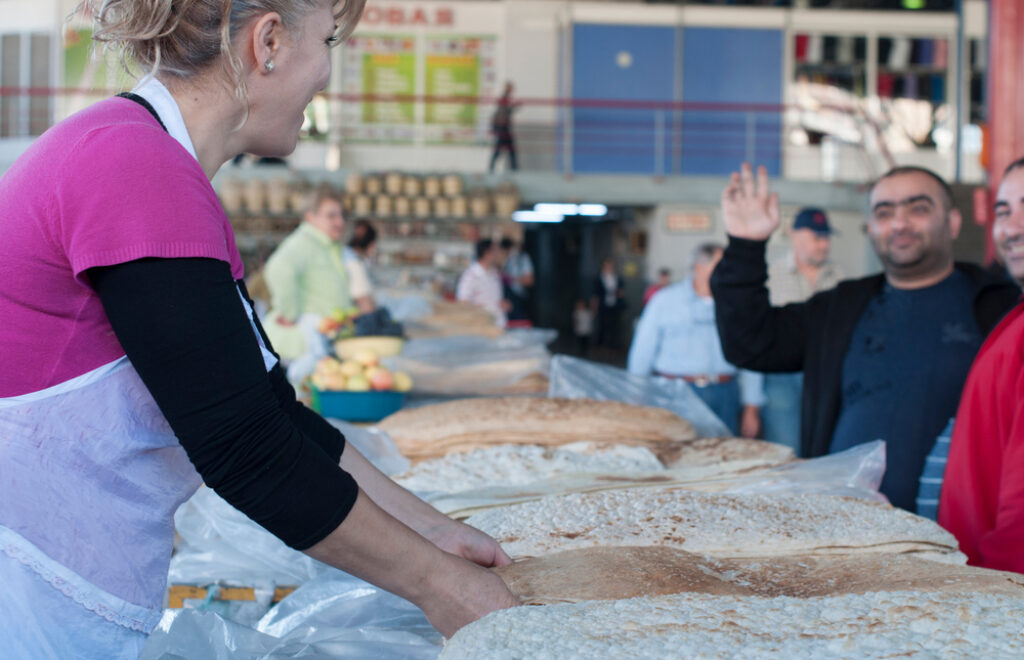The news of the invasion was like a bomb
IWONA REICHARDT: You went to Kyiv to do reporting for the Portuguese Press Agency LUSA just a few days before the war started. Can you tell me what was your assessment of the situation then? Did you have a sense that such a large invasion was about to take place?
PEDRO CALDEIRA RODRIGUES: None of the people I interviewed right before the war, including commentators and analysts, believed that there would be a large invasion of Ukraine. Some indeed said that the Russian troops could start a small operation in Donbas aimed at achieving the recognition of the separatist republics, but nobody expected what we are seeing right now. As you know, this was not my first visit to Ukraine.
April 25, 2022 - Iwona Reichardt Pedro Caldeira Rodrigues



